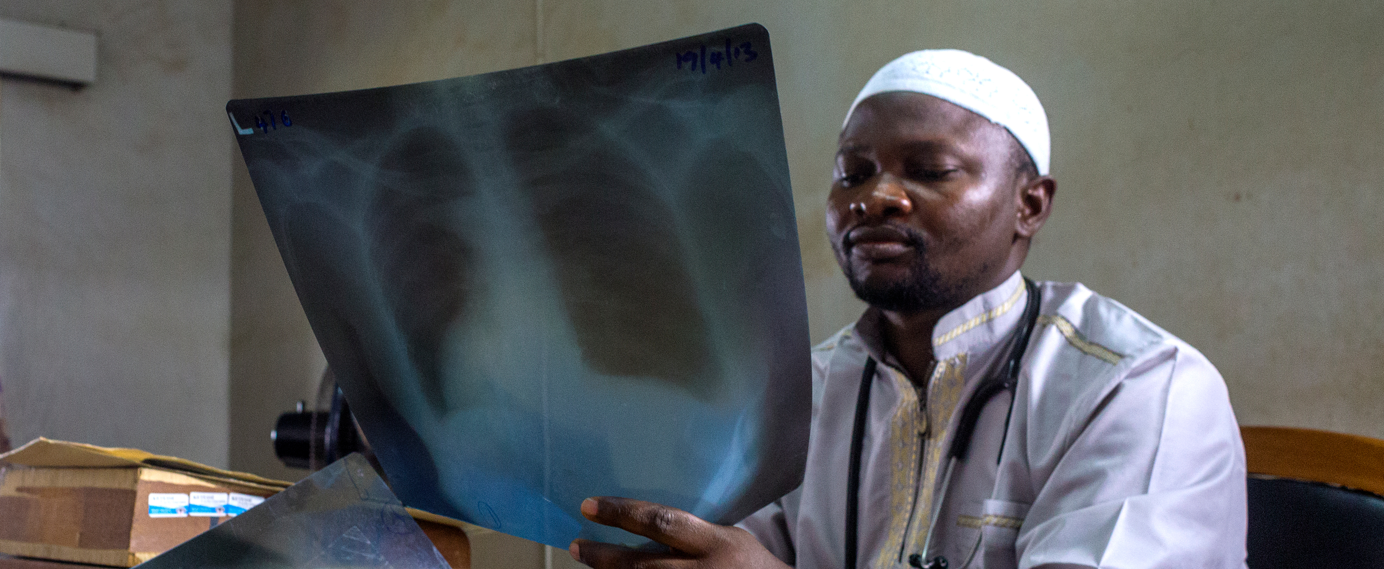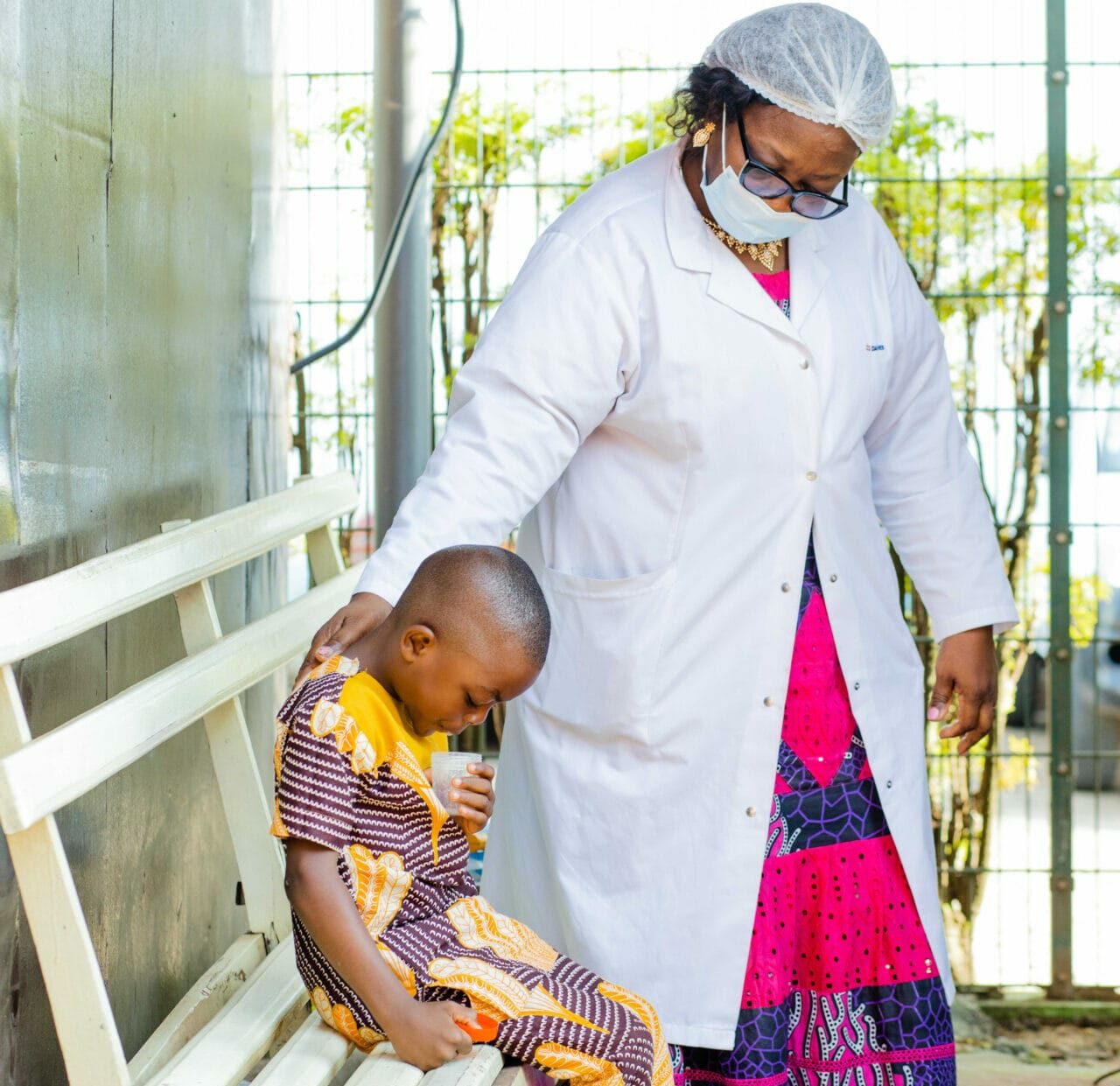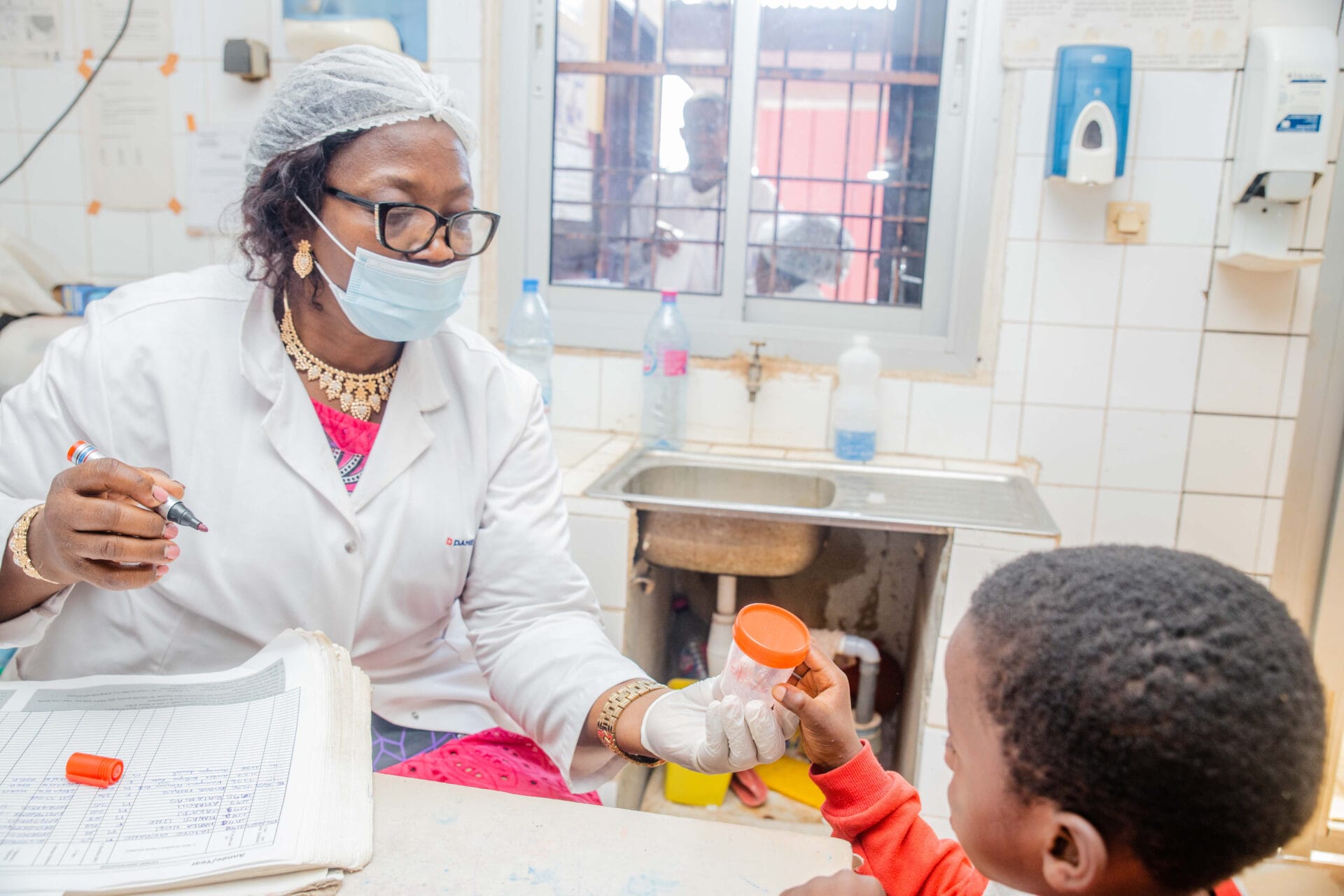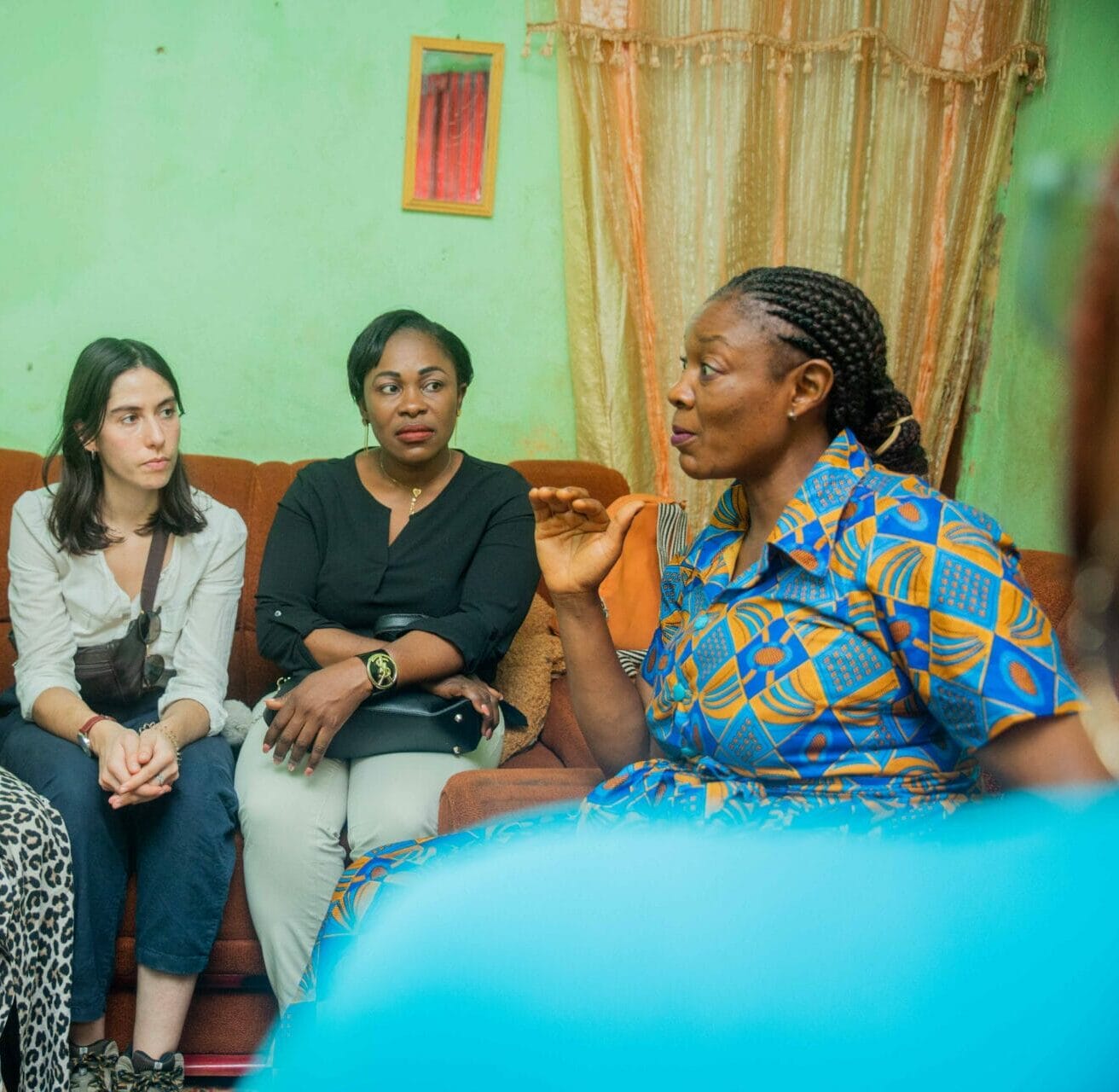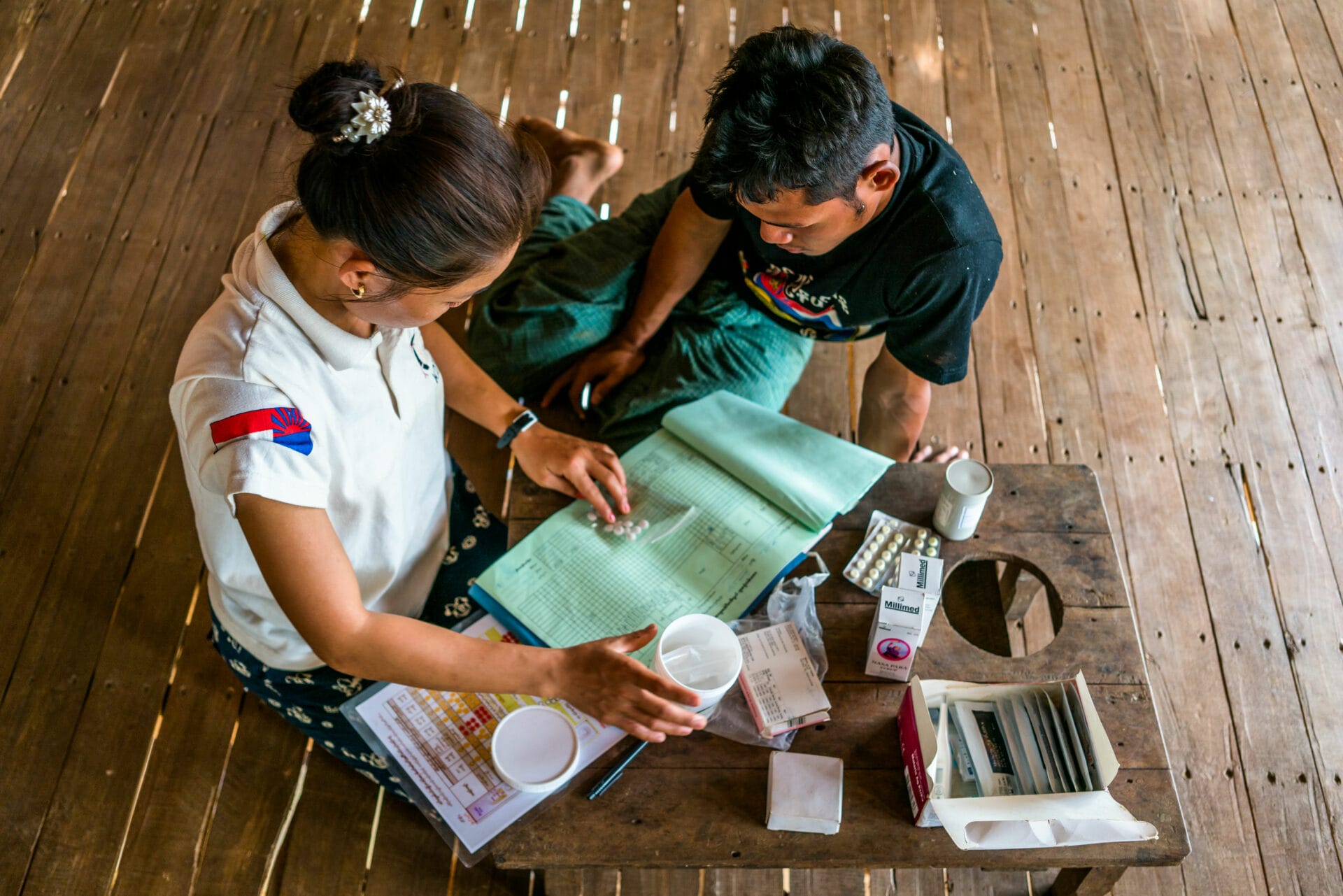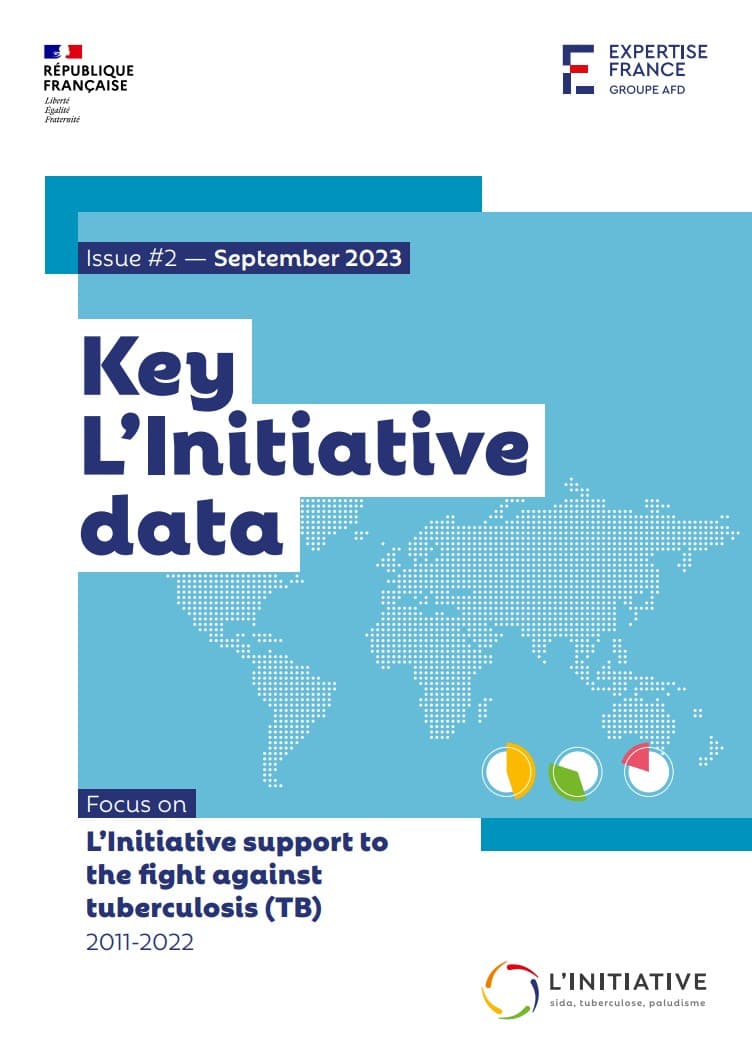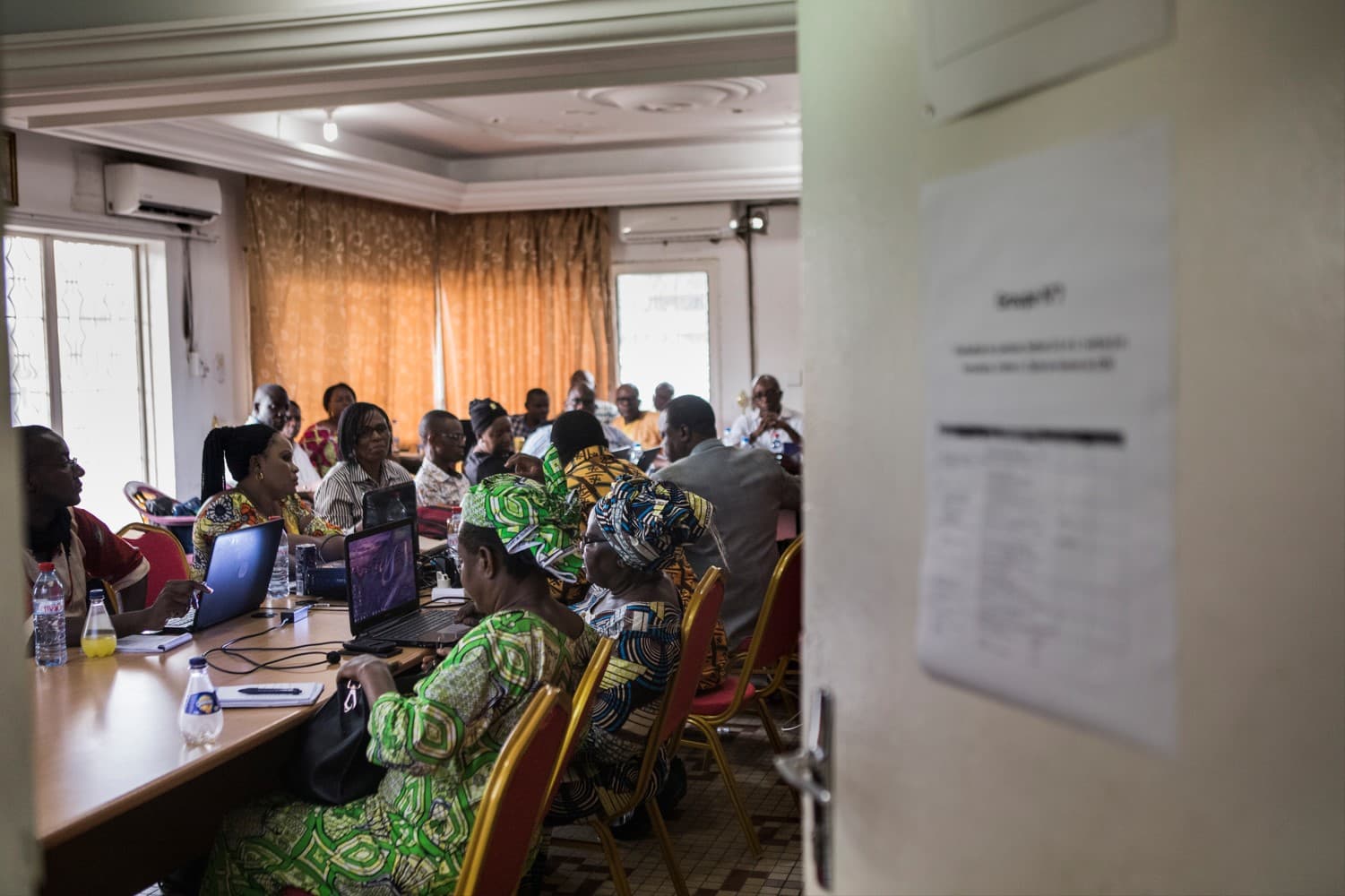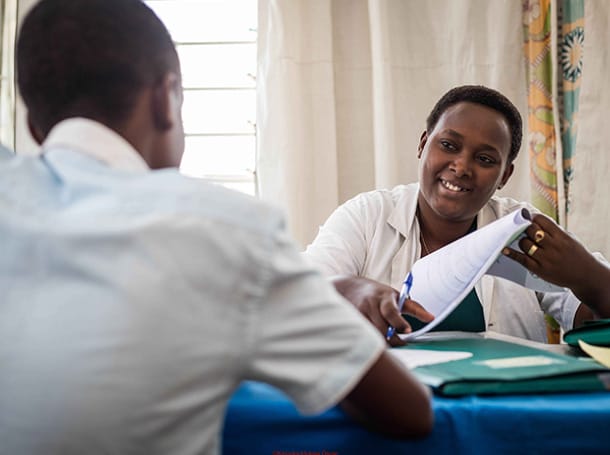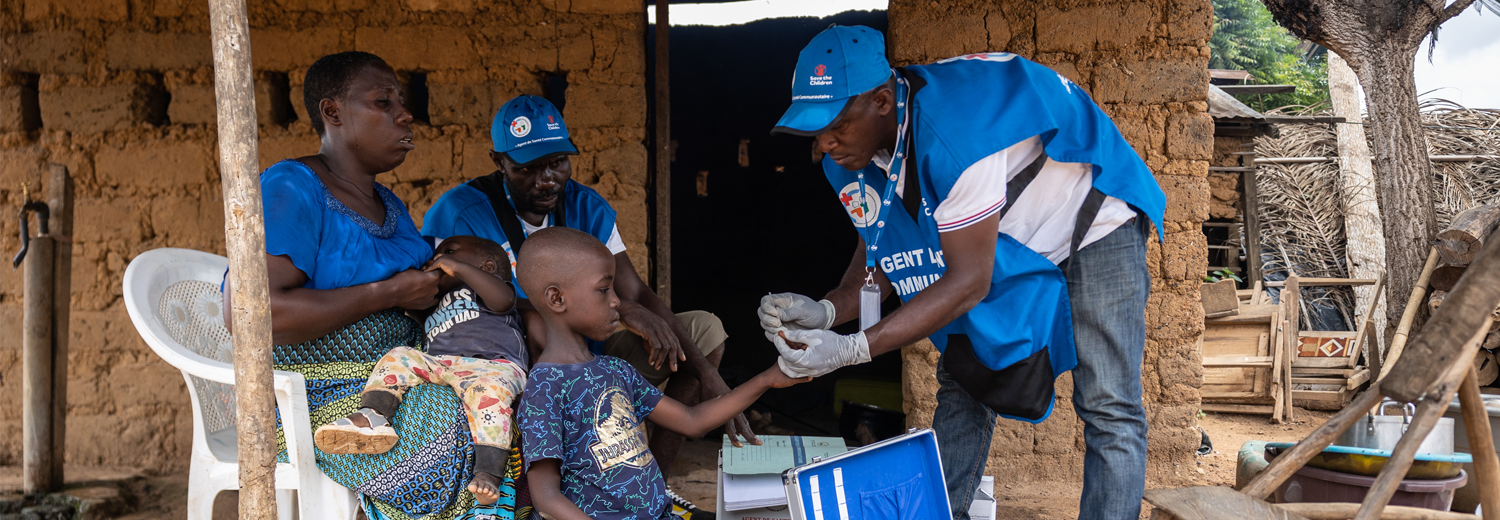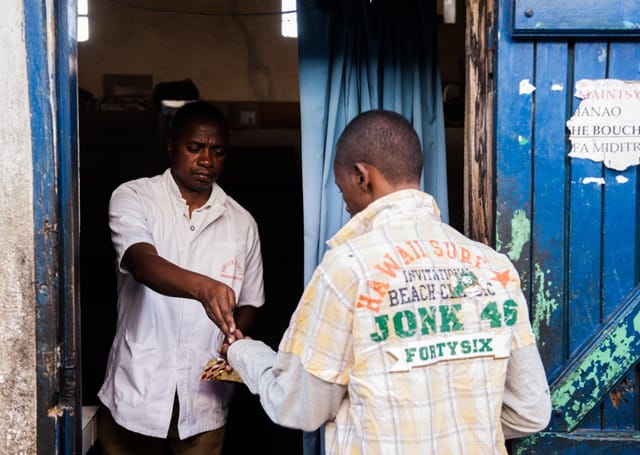Combating tuberculosis in 2023. For the first time in over a decade, tuberculosis is on the rise. How can we combat this pandemic? And what is being done through L’Initiative?
What stage are we at in 2023 in the fight against tuberculosis?
Since 2000, 66 million lives have been saved through global efforts to eradicate tuberculosis. However, for the first time in over a decade, the number of new cases increased in 2021.
According to the World Health Organization (WHO), 10.6 million people contracted tuberculosis in 2021, up 4.5% from 2020. In 2021, 1.6 million people died of the disease. Drug resistance has risen by 3%, with 450,000 new cases of rifampicin-resistant tuberculosis (a widely used anti-tuberculosis antibiotic) recorded in 2021. Moreover, the 12 months of the COVID-19 health crisis also undermined 12 years of progress in the global tuberculosis response. Now is the time to take action to achieve the global objective of reducing tuberculosis deaths by 90% between 2015 and 2035.
Supporting all actors combating tuberculosis
L’Initiative supports actors involved in combating the pandemic by focusing on three areas: latent tuberculosis detection, active case detection, and childhood tuberculosis. Between 2019 and 2022, L’Initiative supported 30 projects tackling tuberculosis at least in part, including 7 focusing exclusively on this infectious disease. While most of these projects are run by international NGOs, research institutes, universities, and local NGOs are also involved. They are mainly implemented in the greater Sahel, Southeast Asia, and East Africa.
Over the same period, L’Initiative financed 124 technical assistance missions that included at least one tuberculosis component in 35 countries for a total allocated budget of 20.1 million euros. It has supported and strengthened the capacity of Country Coordinating Mechanisms (CCM), national programs, and ministries to develop national strategic plans and to apply for funding during the Global Fund replenishment cycle.
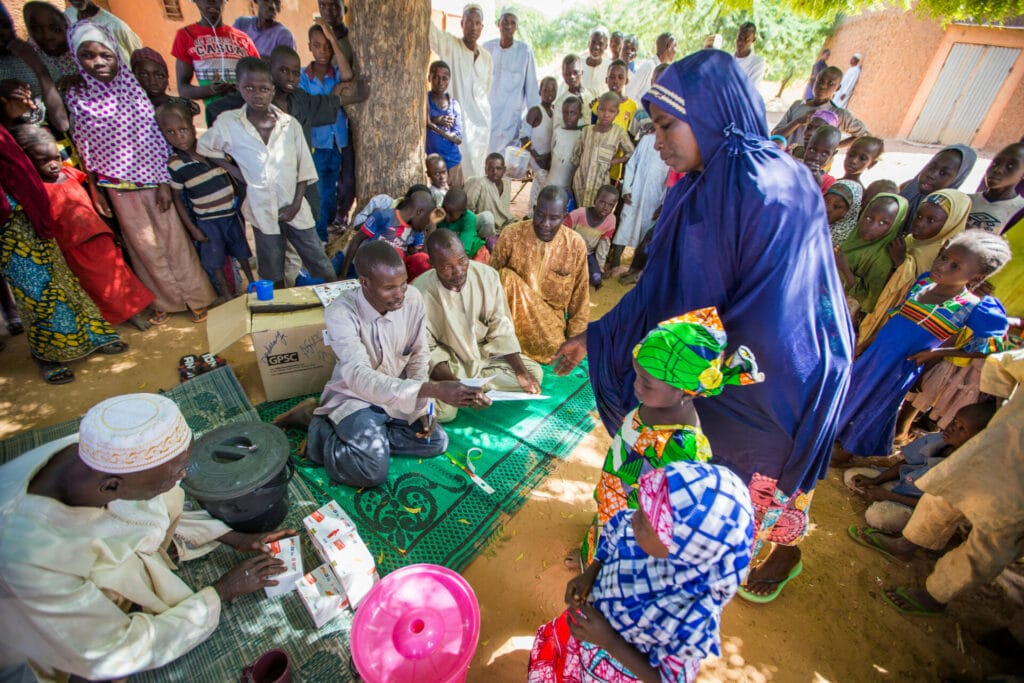
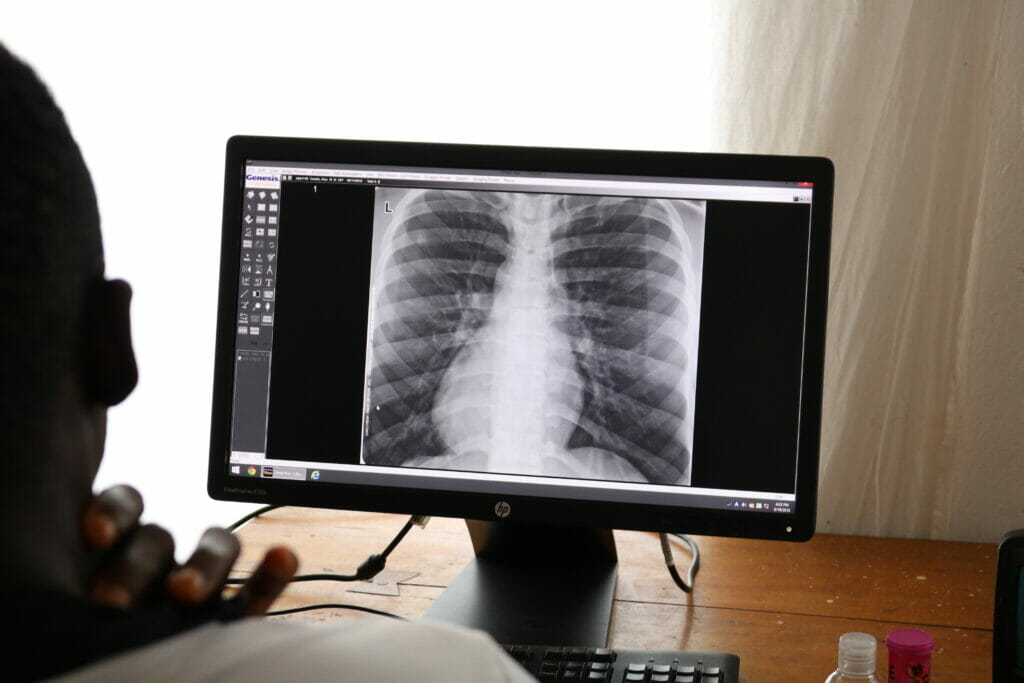
Three priorities to combat tuberculosis
Latent tuberculosis infection, which is asymptomatic, is estimated to affect up to one-third of the global population, and between 5% and 10% of those affected will develop an active form of tuberculosis during their lifetime. L’Initiative has financed a number of projects in Cambodia, Cameroon, Madagascar, and Thailand to identify and treat patients with latent tuberculosis and reduce morbidity, mortality, and transmission of the disease.
Another priority is to detect and treat more tuberculosis cases among vulnerable populations. Several projects are underway in Burundi, Ethiopia, Laos, and Niger to develop community intervention strategies. Active case detection is now extremely urgent, with officially-reported cases having fallen sharply since the COVID-19 pandemic. According to the World Health Organization (WHO), there are two million missing cases, especially among the most vulnerable populations.
Finally, another priority of L’Initiative is to ensure that childhood tuberculosis is diagnosed and treated. With over one million new cases each year, childhood tuberculosis is a major health concern. Young people under 15 years of age accounted for 11% of new tuberculosis cases and 16% of tuberculosis deaths in 2020. To this end, L’Initiative supports the TB_PEC@2.0 project in Cameroon. It aims to help reduce morbidity, mortality, and gender inequalities among vulnerable and internally-displaced children in urban areas by improving access to prevention, diagnosis, and treatment in 12 of the country’s districts.
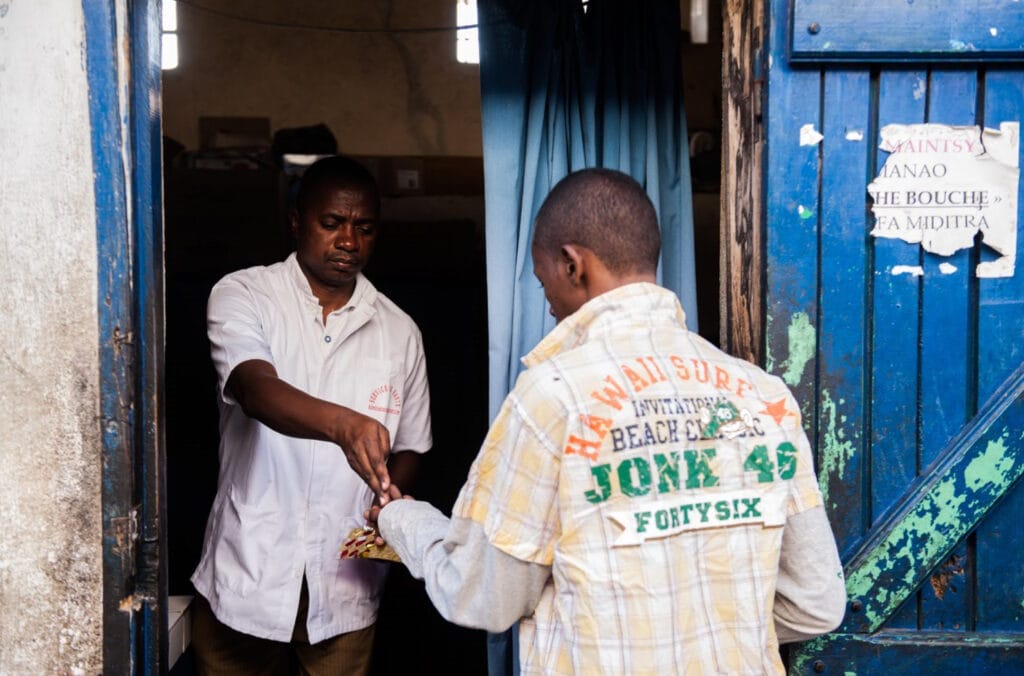
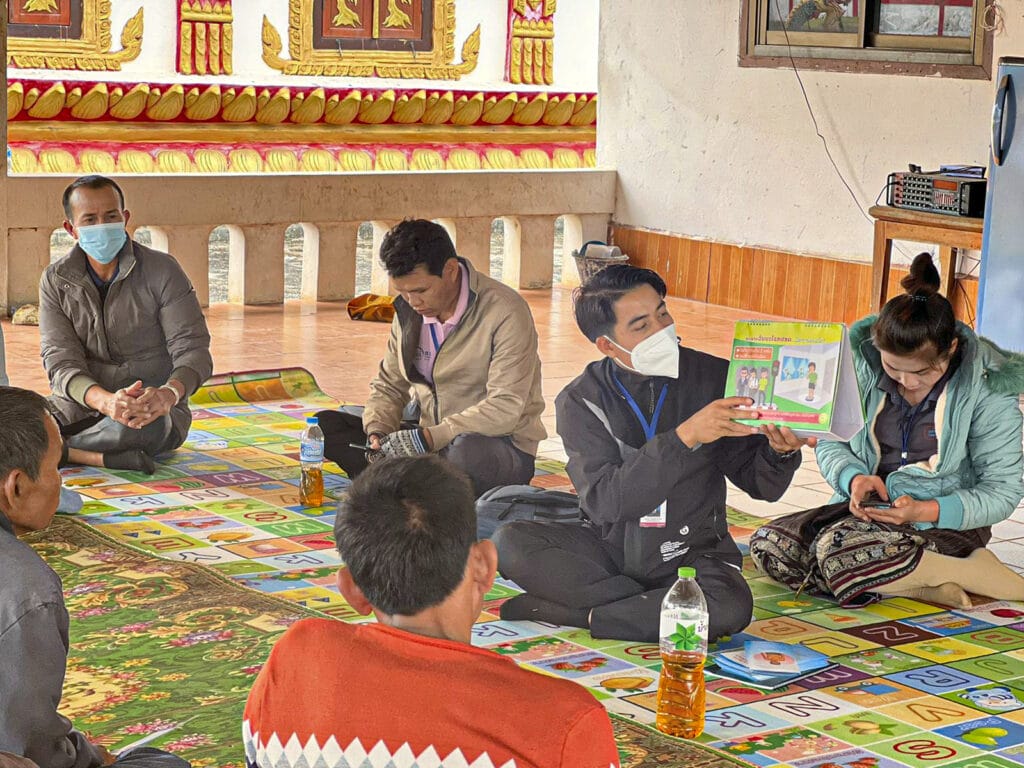
Financing the active search for operational solutions
Meanwhile, L’Initiative is pursuing its commitment to operational research. After a call for projects dedicated to operational research on the prevention, detection, and treatment of tuberculosis in 2018, L’Initiative launched a call for projects on “The fight against tuberculosis: responding to the needs of vulnerable populations and implicating them in the response” in 2021. This second call for projects on tuberculosis underlines our commitment to help accelerate the drive toward potentially eradicating this disease.
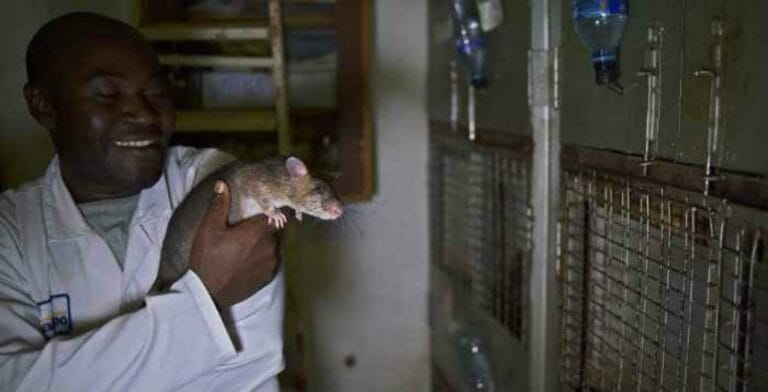
L’Initiative supports operational research to innovate against tuberculosis. Read more.
